We tend to think of imagination as a distinctly human ability. But already from Roman times, philosophers pointed out that animals can dream, and that dreaming involves the imagination. Today we have evidence from neuroscience and psychology that plenty of animals re-enact scenes from waking life while asleep. Having imagination indicates that animals, beyond their capacity to sense and feel, are fully fledged subjects. This finding makes it a lot harder to argue that animals don’t have moral rights, argues David M. Peña-Guzmán.
There is an entry in Voltaire’s Dictionnaire philosophique devoted to dreams. Written in 1764, a quadrans centennial before the eruption of the French Revolution, this entry describes dreams as cryptic experiences that have historically lived in the domain of superstition—in the stirring orations of bards (myth), the edifying homilies of priests (religion), and the speculative conjectures of philosophers (metaphysics). Although Voltaire considered himself a critic of superstition in all its forms, in this work he confesses that he understands the occultist appeal of dreams: They are complex psychic events that test the limits of human thinking, puzzles that neither materialist nor idealist philosophies have managed to solve.
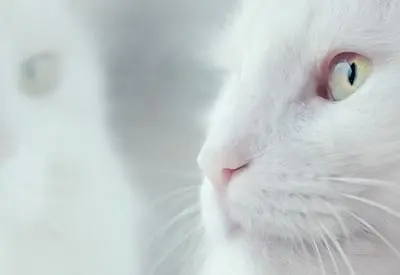 SUGGESTED READING
Does Consciousness Come in Degrees?
By William Lycan
SUGGESTED READING
Does Consciousness Come in Degrees?
By William Lycan
Voltaire attributes this aura of mystery that surrounds dreams to the fact that no one has successfully explained one of the most remarkable features of oneiric experiences, which is the strange mixture of activity and passivity that we experience in the face of our own nocturnal phantasms. Dreams do not come to us from some mysterious beyond; rather, they surge from the most intimate within. They surge from within ourselves. Yet, he says, we seem to have remarkably little control over them. We don’t choose when, what, or even whether we dream. If anything, our dreams befall us like an unsolicited malady or a natural disaster. They appear on the scene “without [us] and despite [us].” Dreams, then, are essentially paradoxical, and their paradox is as follows: we produce them through our own activity but, once born, they take away our very sense of agency and will.
Voltaire was convinced that this paradox gives us regular glimpse of the kinds of creatures that we are, which is to say, creatures who are simultaneously authors and recipients of a world, subjects of experience (active) who are also subject to experience (passive). By exposing this duality that inhere in us, dreams give us depth. They make us interesting.
___
Dreaming is not a faculty of the human. It is a faculty of the animal.
___
But Voltaire also understood that dreams are not the exclusive property of human beings since nonhuman animals also experience this paradoxical cocktail of activity and passivity whenever sleep exiles them from “the empire of the senses.” “The dog,” he writes, “is chasing in the dream, he barks, he pursues his prey, he is on the run.” For him, the power of dreams is not that they crystallize what makes humans unique among animals, but that they put humans on the same plane with other species. Dreaming is not a faculty of the human. It is a faculty of the animal. This leads Voltaire to hurl a curious challenge to his readers. He writes, “Consider all of this and try to figure out what the animal composite is.” Put differently, think about how bizarre dreams are, ponder the fact that animals dream, and then try to figure out what it means to be an animal.
___
Like Voltaire, I believe that attending to the dreams of other species can alter our perspective of the animal.
___







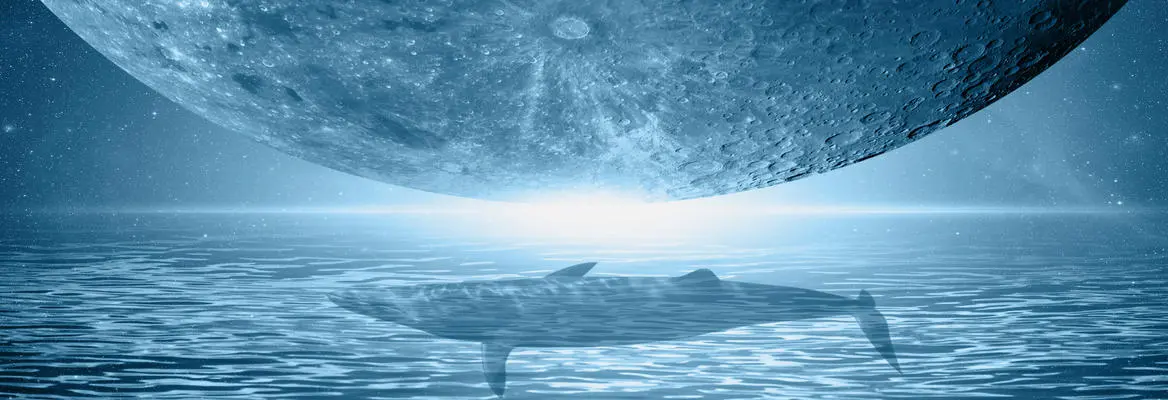


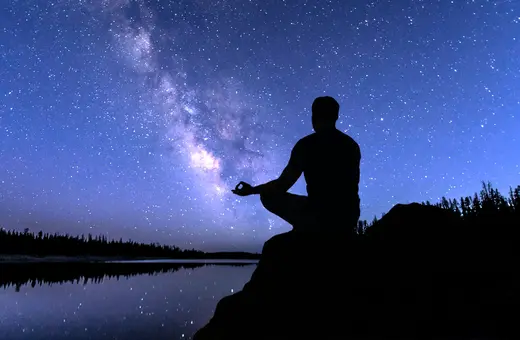

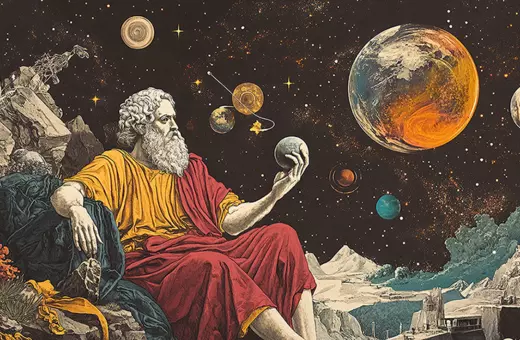

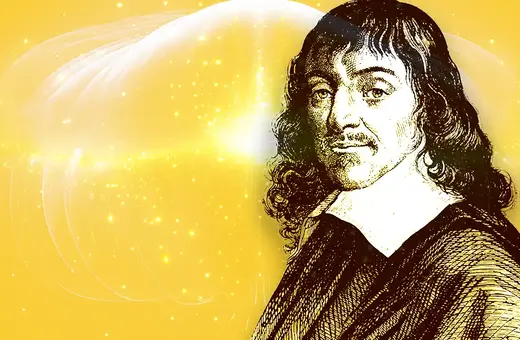
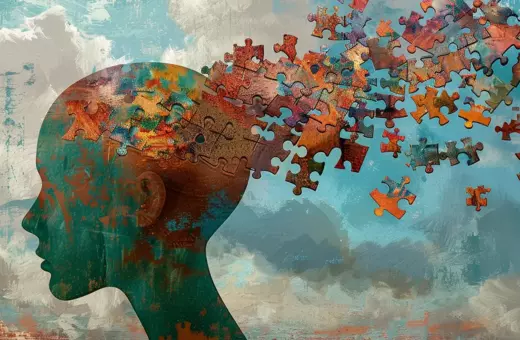
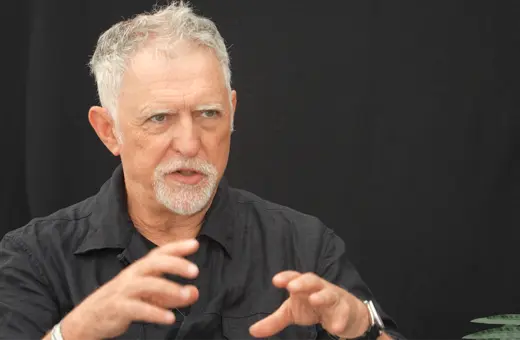
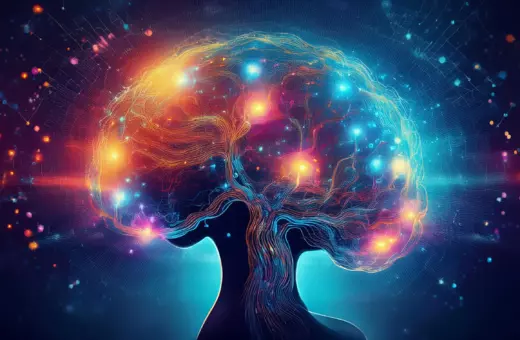



Join the conversation